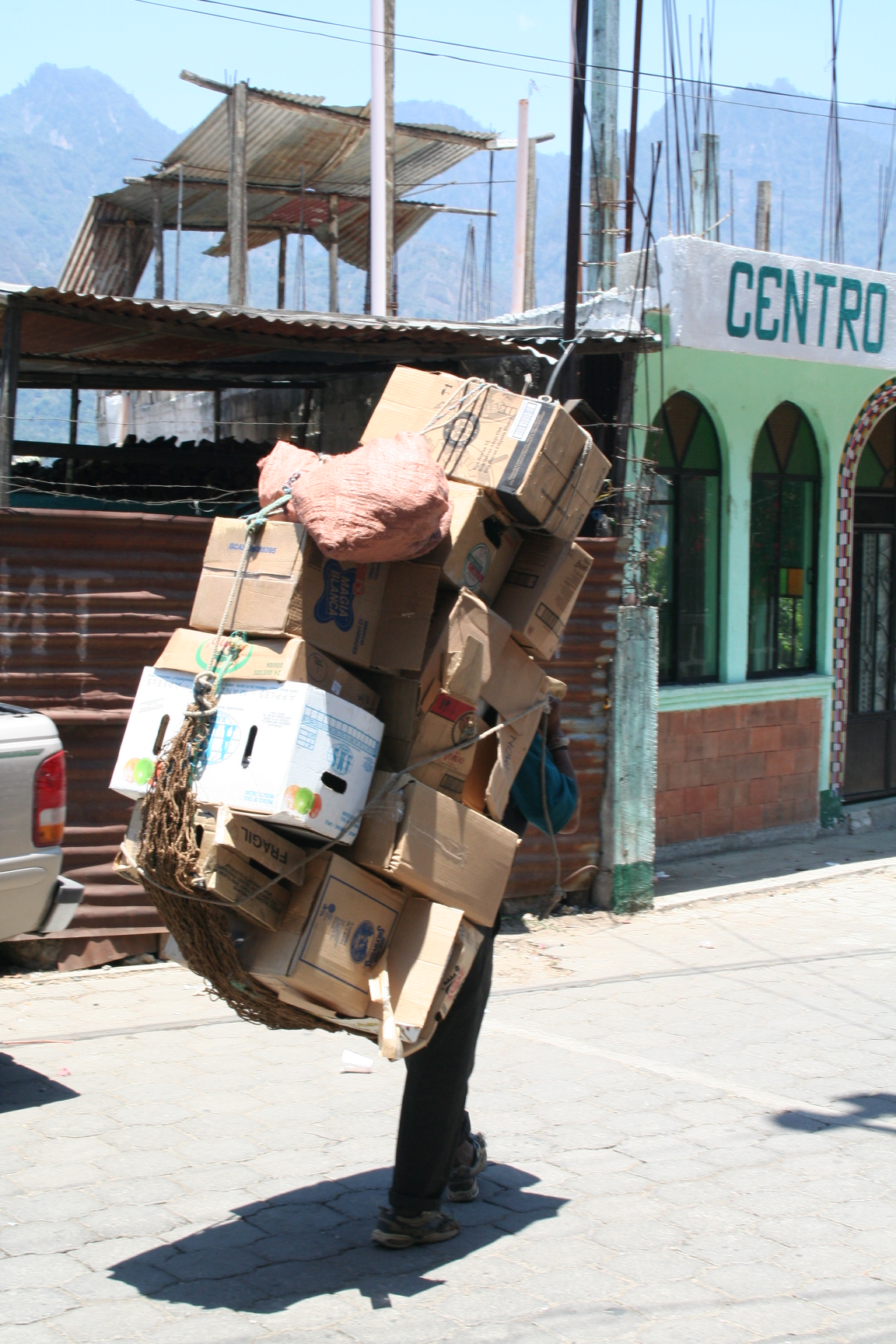To the extent I pack uber-light when we travel to Europe for the summer, I do the opposite when we travel to developing countries for a sabbatical. I pack what I need regardless of bulk, I pack in hockey bags, I pack in bags with wheels, I lift with my legs.
Packing for longer stays in a developing country brings with it unique factors. What you take will hinge largely on what you can and can’t buy in your new location. The more you can find out about this, the better. Try to contact people who are already living in that location, search for blogs. If possible, find out if clothing, toiletries, and pharmaceuticals are available. Each location will vary. What is available in a remote village is vastly different than what you can find in a major city of the same country. Your packing will hinge on this question: Of the things I (truly) cannot live without, what is unavailable to buy where I am going? Then you stock up on those things, take less of the items that are available.
On our first trip to Guatemala, I didn’t know a soul there, so I had zero pre-packing intel. I packed blindly, in a manner of speaking, for me and the three girls (almost 4, 8, and 12). Simon would come later and bring what he needed. I had no idea what the kitchen situation would be like, so I packed a sharp knife and small rice cooker. I figured as long as there was an electrical outlet we could eat rice. I also packed a little battery powered camping lantern because I’d heard about the blackouts. I packed clothes for the rainy season, which turned out to be a good thing since finding boots for the girls proved impossible. Grossly underestimated the amount of Afterbite we needed.
If you have kids and they will be attending school, you may want to take a favorite backpack, lunch bag, and basic school supplies. That’s one less thing to track down there.
If you are picky about bras and underwear (guilty), take enough of those to last you. The only place we could buy those were at the open local market, which especially underwhelmed my teens. Same went for swimsuits. If you are remotely choosy about fit or variety, bring those items with you.
Take a hand-held luggage scale. I’ve always maxed out the weight of my check-in bags. That little device has saved me big bucks making sure I didn’t go over my weight limit.
Pack toiletries you can’t live without. For me this turned out to be tampons. Where we lived, the indigenous women only used pads, couldn’t buy tampons anywhere, they were like gold.
Some items your kids will feel are non-negotiables. For our youngest it was her teddy bear Pinky’s wardrobe. It upset her to consider leaving any of her bear’s clothes behind, so we took them all. I would bend on most of these items, especially for younger children. This is their way of creating some security and continuity during a major change–grant them a little latitude.
Prioritize what want to take, even if it’s unconventional. You know the unique needs of your family better than anyone else. For us, because of my picky eater, I devoted one bag to macaroni and cheese, I kid you not. Label me a picky-eater-enabler, I just do…not…care. I refused to deal with, in our first month there, hospitalizing either a miserable malnourished picky eater or her mother from the insanity of arguing with her. I figured within a month we would find an acceptable food replacement. (Turns out we didn’t and visitors kept bringing it down for us in bulk. Stop judging.)
Do encourage visitors. Not only will you enjoy seeing some familiar faces, but they can replenish your mac and cheese stash, and anything else you need.



